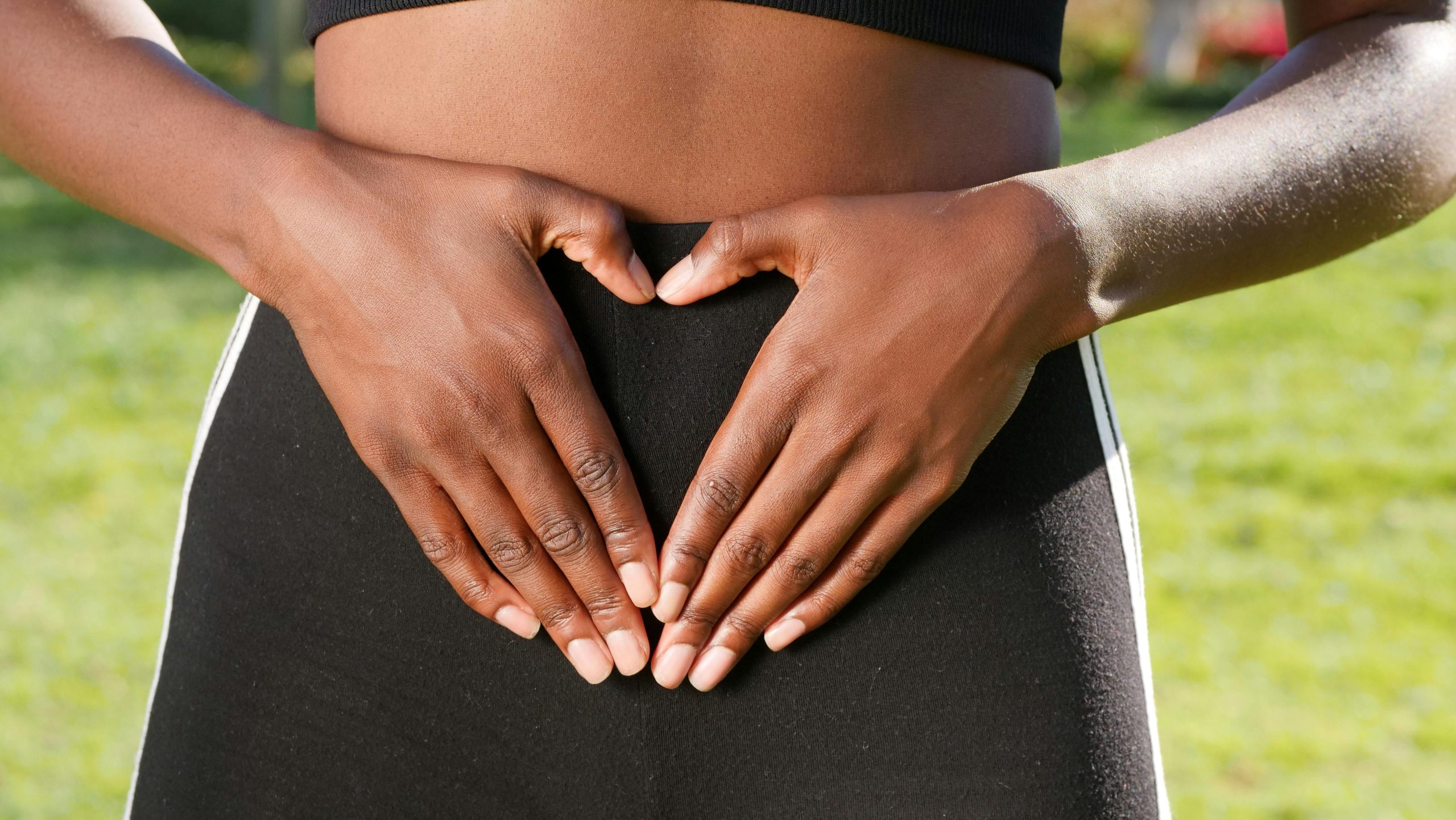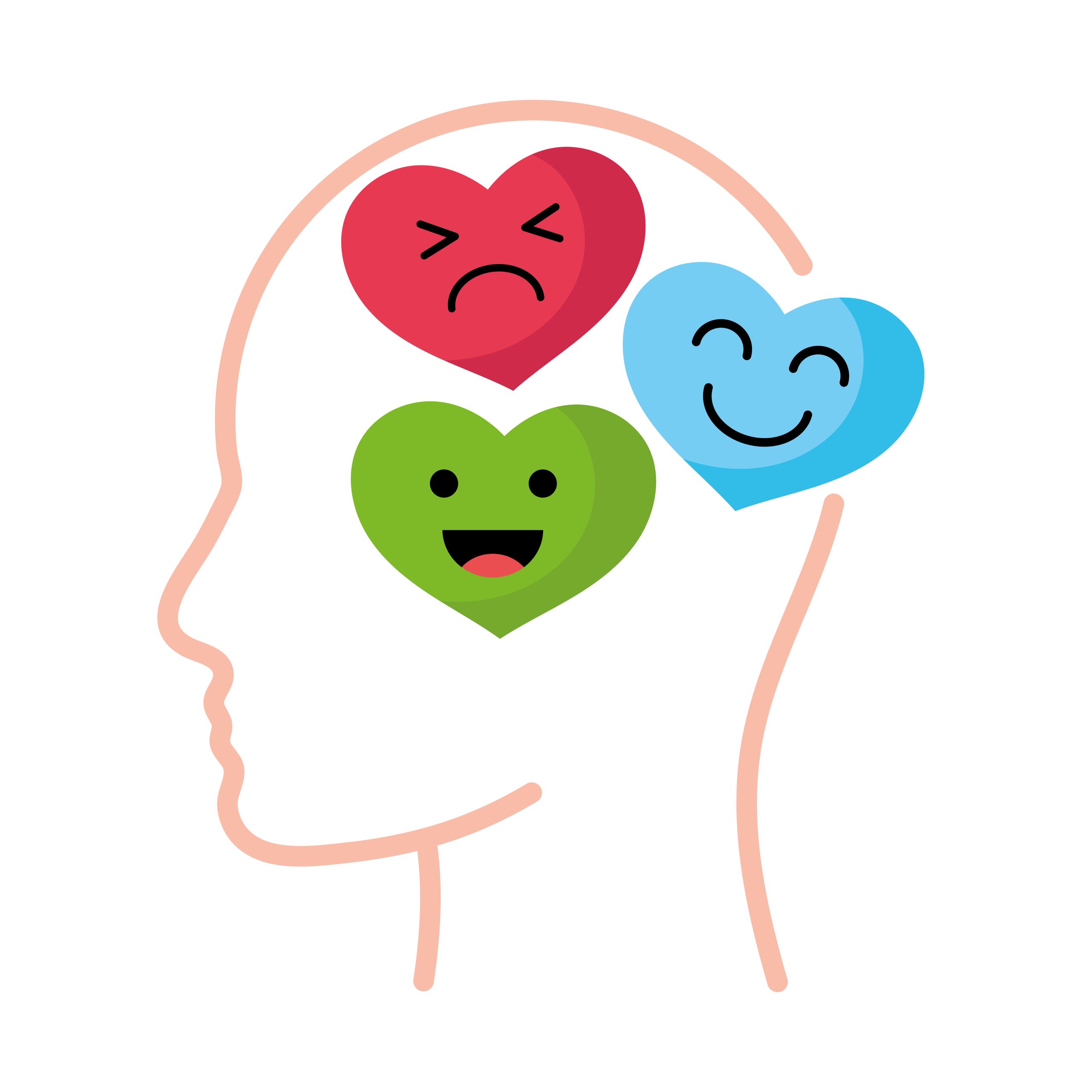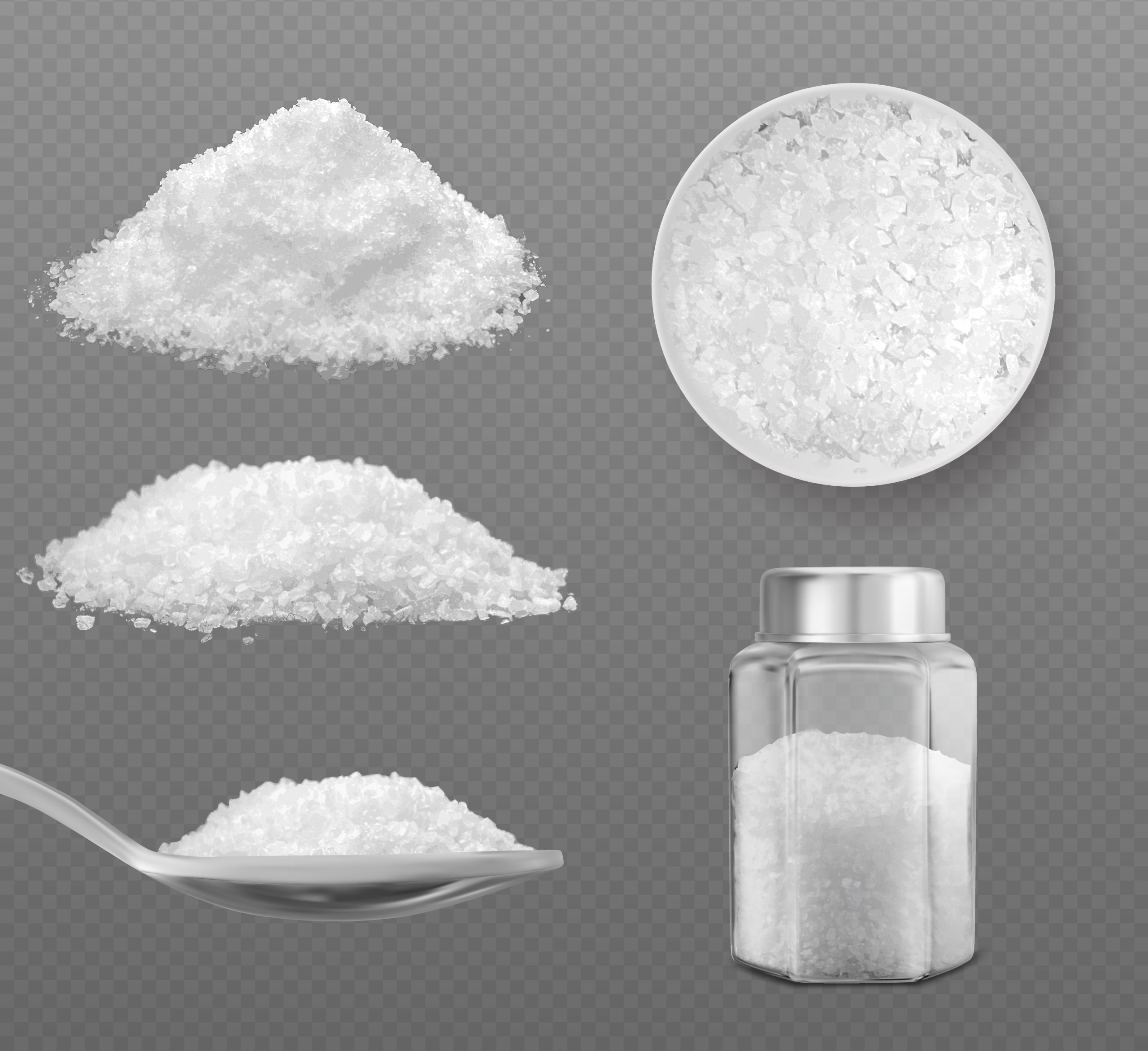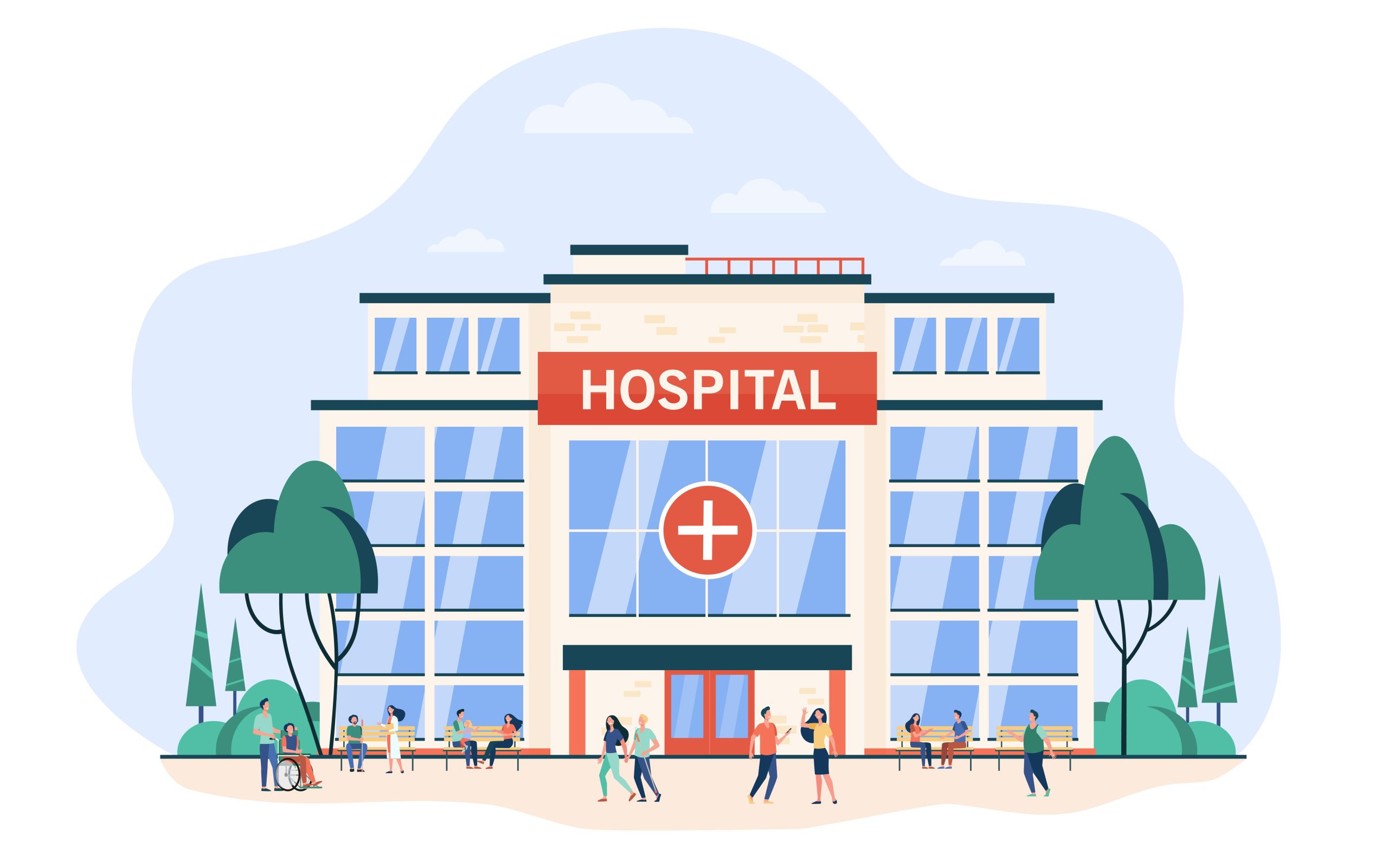
IBS symptoms
IBS symptoms include bloating, constipation, diarrhoea, and recurring stomach pains.

Effects of IBS
It’s about more than just the gut. Triggers that interact in the nervous system, brain, and gut can create IBS flare-ups. What this means is that intense emotions, stress, anxiety, and depression can impact chemicals in your brain to react in the gut. You may notice that sometimes when you’re nervous or scared, you immediately develop a stomach ache or experience diarrhoea.

IBS triggers
The most common lifestyle/food causes of IBS include artificial sugars, caffeine, stress, carbonated drinks, processed foods, and dairy.

Other effects
IBS can feel worse before or during the menstrual cycle. According to the International Foundation for Gastrointestinal Disorders (IFFGD), “Women with IBS also report other more frequent symptoms such as fatigue, backache, and insomnia, and may have greater sensitivity to particular foods.”

IBS and illness
IBS can also develop after an illness that was caused by bacteria or a virus. This is typically known as gastroenteritis and involves an overgrowth of bacteria in the intestines.

Medical help
Don’t ignore symptoms for too long. Get help if you experience constant bloating, stomach upsets, especially after eating, extreme vomiting, recurrent episodes of diarrhoea or constipation, rectal bleeding, weight loss, and blood in stool.
Images: Freepik/Vecteezy



















